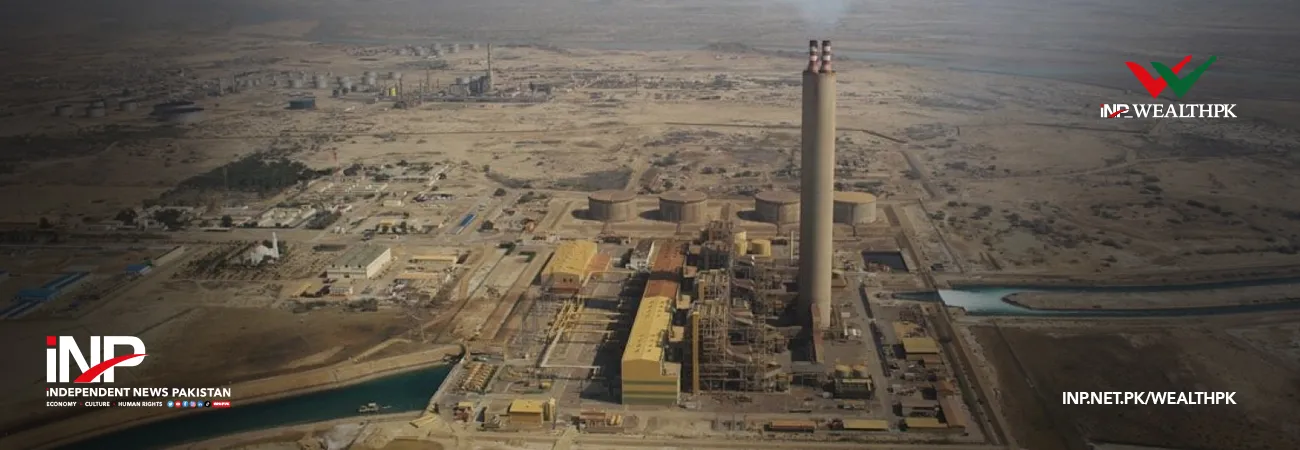INP-WealthPk
Ayesha Saba
Pakistan's real estate sector has transformed with the rising popularity of gated communities, once deemed exclusive to the elite class. Now prevalent in major cities like Karachi, Lahore and Islamabad, they reshape urban living, work and property investment. In an interview with WealthPK, Khawaja Umair, Marketing Head of Rawaha Real Estate and Builders, said increasing urbanisation and a rising middle class have led to greater demand for housing options that offer not only comfort and convenience but also security and community amenities. “Gated communities provide a sense of safety and privacy that is increasingly valued in today’s urban environments, particularly amidst concerns about crime and urban sprawl.” He stated that the primary goal of most homebuyers is to purchase a house within a community that offers all essential urban amenities, including well-established commercial areas.
“Leading the market in providing gated housing communities to local residential real estate investors are major developers like Bahria Town and Defence Housing Authority (DHA).” Umair said that the real-estate sector in Pakistan has massive potential to become the largest contributor to the country's gross domestic product as more than 200 industries come under its umbrella, which can run the wheels of the economy in a viable way. Junaid Naseer Faroqui, Chief Operating Officer of Eaglegate Properties, said the proliferation of gated communities has also had a significant impact on the real estate market, driving up property prices and attracting investors seeking lucrative returns. “As more developers recognise the demand for gated living, they are increasingly incorporating gated elements into their projects, further fuelling the trend.” “The present state of the real estate sector in Pakistan reflects a challenging combination of factors, including political instability, confusion surrounding tax policies, and uncertainty in economic and financial policies.
Investors are faced with a landscape characterised by a lack of incentives, heightened scrutiny of banking transactions for non-filers, and increased taxes on property transfers, all of which serve to discourage investment in the sector. Despite the government's efforts to introduce new laws and regulations aimed at addressing these issues, the challenge lies in the lack of effective implementation,” he added. Faroqui underscored that the real estate sector has the capacity to become the foremost catalyst for the nation's economic growth. “Industries including glass manufacturing, woodwork, furniture, steel production, plastics, paint, electrical cables, cement, and electronics are closely intertwined with the real estate sector. Consequently, a surge in construction activity would lead to a corresponding rise in employment opportunities and economic vitality.”
Credit: INP-WealthPk













